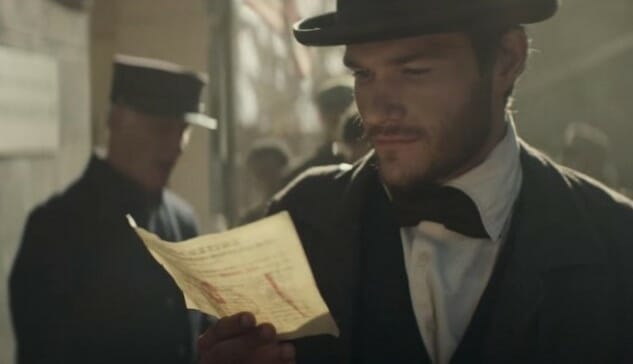Has Budweiser Stopped its Anti-Craft Beer Super Bowl Ads?

After two straight years of spending the Super Bowl furiously writing about Anheuser-Busch declaring war against the craft beer industry, I can’t help but find myself at an impasse in 2017. After seemingly establishing some precedent, the company has veered hard to the left, eliminating any reference to craft beer in 2017’s Super Bowl marketing, while simultaneously kicking off an immigration argument that may or may not have even been intentional. Lost in the shuffle, while everyone discusses German immigrants against the backdrop of Donald Trump’s xenophobic executive orders, is this question: Has Anheuser ceased its anti-craft Super Bowl marketing strategies? And does this signal a new approach toward craft from the company?
First, let’s get the discussion of this year’s ad out of the way. You can view it below.
-

-

-

-

-

-

-

-

-

-

-

-

-

-

-

-

-

-

-

-

-

-

-

-

-

-

-

-

-

-

-

-

-

-

-

-

-

-

-

-








































